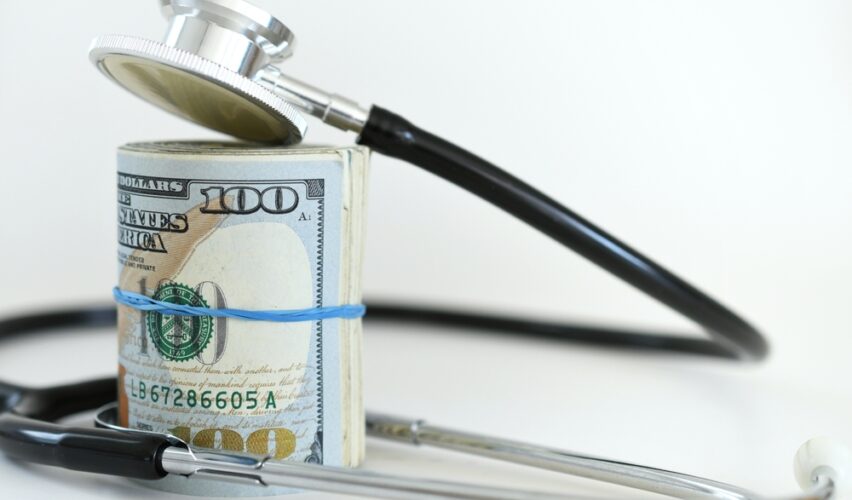One aspect of retirement planning that’s often overlooked is the consistently rising cost of healthcare, year after year. In fact, according to the Bureau of Labor Statistics:
“From December 2005 to December 2022, the implied total-premium index increased by 77.9 percent, an average annual increase of 3.4 percent. Over the same period, the CPI for medical care increased by 67.8 percent, an average annual increase of 3.1 percent.”
Commonly known as healthcare inflation, it threatens your financial security in retirement. As you age, you’re more likely to have chronic health issues that require treatment and prescriptions that may not be fully covered by your FEHB plan.
Increasing FEHB Premiums
As you know, the most recent increase in the average cost of FEHB premiums for non-postal employees was 7.2%. Although the government will continue to pay up to 75% percent of your FEHB premiums in retirement, the cost of deductibles and copayments are clearly on the rise with no end in sight. In fact, the average healthcare costs per person in the U.S. are double the cost of healthcare in other developed countries. Yet, studies show Americans visit a doctor at half the rate of people in those same countries.
The Rising Cost Of Prescription Drugs
The skyrocketing cost of prescriptions is a primary factor driving healthcare inflation. According to the US Department of Health and Human Services, from January 2022 to January 2023, more than 4,200 prescription drugs had price increases and nearly 50% of these increases were higher than the overall rate of inflation. Over the same time period, the average drug price increase was 15.2%.
“As more baby boomers enter their golden years, the out-of-pocket cost of non-medical custodial care will continue to rise.”
The Rising Cost Of Non-Medical, Long-Term Care (LTC)
A study cited by LongTermCare.gov indicates a person turning 65 today has a near 70% chance of needing some type of long term care in the future. Since custodial care in a nursing home is not covered by FEHB or Medicare, the costs are 100% out of pocket unless you have LTC insurance. Currently, the average nationwide cost of a private room in a nursing home is approximately $10,000 per month and the median cost of a home health aide is $27 per hour. As more baby boomers enter their golden years, the out-of-pocket cost of non-medical custodial care will continue to rise.
When you consider that inflation also drives up your other living expenses in retirement, it’s important to have a strategy in place to help mitigate these costs once you’re no longer working. To learn more, meet with an FRC® trained advisor.


























